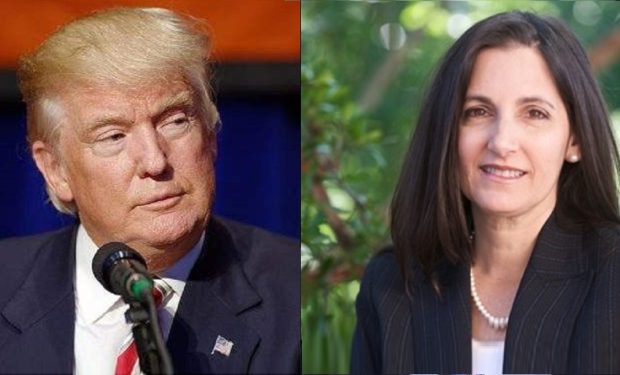“Democracy dies in darkness” is a tagline, originating with famous Watergate journalist Bob Woodward, familiar to readers of The Washington Post. The phrase is taking on extra resonance in the aftermath of the news that Judge Aileen Cannon has set a May 2024 trial date and a Ft. Pierce location in the federal case brought by Special Counsel Jack Smith against former President Donald Trump in Florida.
Prosecutors had requested a December date; Trump’s lawyers hoped to delay the trial until after the 2024 presidential election in which Trump, of course, is a candidate.
Former U.S. Attorney Joyce Vance explains two troubling aspects of Judge Cannon’s decision. Vance points out that while the new date precedes the November election on the calendar, its less-than-speedy calendar target is subject to further manipulation by Trump’s attorneys, with “plenty of opportunity for Trump to manufacture delay.”
Here's the thing–in a case like this, plenty of opportunity for Trump to manufacture delay & if this date slips, it makes it far less likely trial happens before the election. & setting it in Fort Pierce with its tiny courtroom & no cameras allowed is a disservice to democracy. https://t.co/9dLHHmzuiz
— Joyce Alene (@JoyceWhiteVance) July 21, 2023
The second concern is the siting of the trial, which is what has some people referencing “dies in darkness.”
Vance elaborates that “setting [the trial] in Fort Pierce with its tiny courtroom & no cameras allowed is a disservice to democracy.”
Purposely putting what’s sure to be called the “trial of the century” in a spot where cameras is interpreted by Vance and others as a mockery of transparency. Both the favorable timing and the location are — justly or not — triggering conversation about Cannon having been appointed to the bench by Trump.
